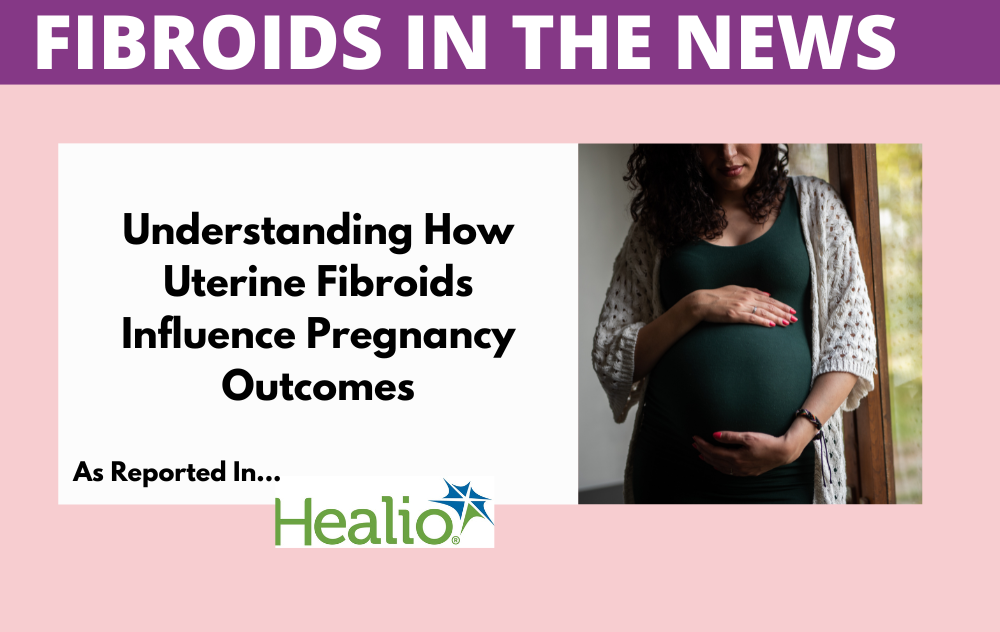
Recently published in Healio and based on a study in BMC Pregnancy and Childbirth, the impact of uterine fibroids on pregnancy and obstetric outcomes has garnered significant attention. The meta-analysis, led by Hong Li, MD, and colleagues, incorporates findings from 24 studies involving over 237,000 participants, emphasizing the complexities of fibroid-related complications during pregnancy.
Key Findings:
- Increased Risks: The presence of uterine fibroids was associated with elevated risks for several adverse outcomes during pregnancy, including preterm birth, cesarean delivery, placenta previa, miscarriage, and more.
- Size Matters: Interestingly, the size of fibroids was found to play a crucial role. Larger fibroids were linked to higher risks of breech presentation, postpartum hemorrhage, and placenta previa compared to smaller fibroids.
- Specific Risks: Adjusting for potential confounding factors revealed that fibroids primarily heightened risks for preterm births, cesarean delivery, placenta previa, placental abruption, postpartum hemorrhage, intrauterine fetal death, breech presentation, and preeclampsia.
Implications for Women:
Understanding these risks is crucial for women with uterine fibroids, especially those planning for pregnancy or currently pregnant. While not all fibroids lead to complications, monitoring, and management are essential for ensuring maternal and fetal health.
What You Can Do:
If you have uterine fibroids or suspect you may consider consulting a healthcare provider specializing in fibroid treatment. Early intervention and personalized care can help reduce potential risks and optimize pregnancy outcomes.
Resources for Women’s Health
The Fibroid Fighters Foundation is a national non-profit organization dedicated to raising awareness, providing support, advocating for improved healthcare options, and empowering women to take control of their health when facing fibroids.
For more information and resources about uterine fibroids, visit Fibroid Fighter’s resource page, call (855) 455-5262, or email us at [email protected].
For the latest news on women’s health, follow us on www.instagram.com/fibroidfighters.
For more information on this study, click here.







